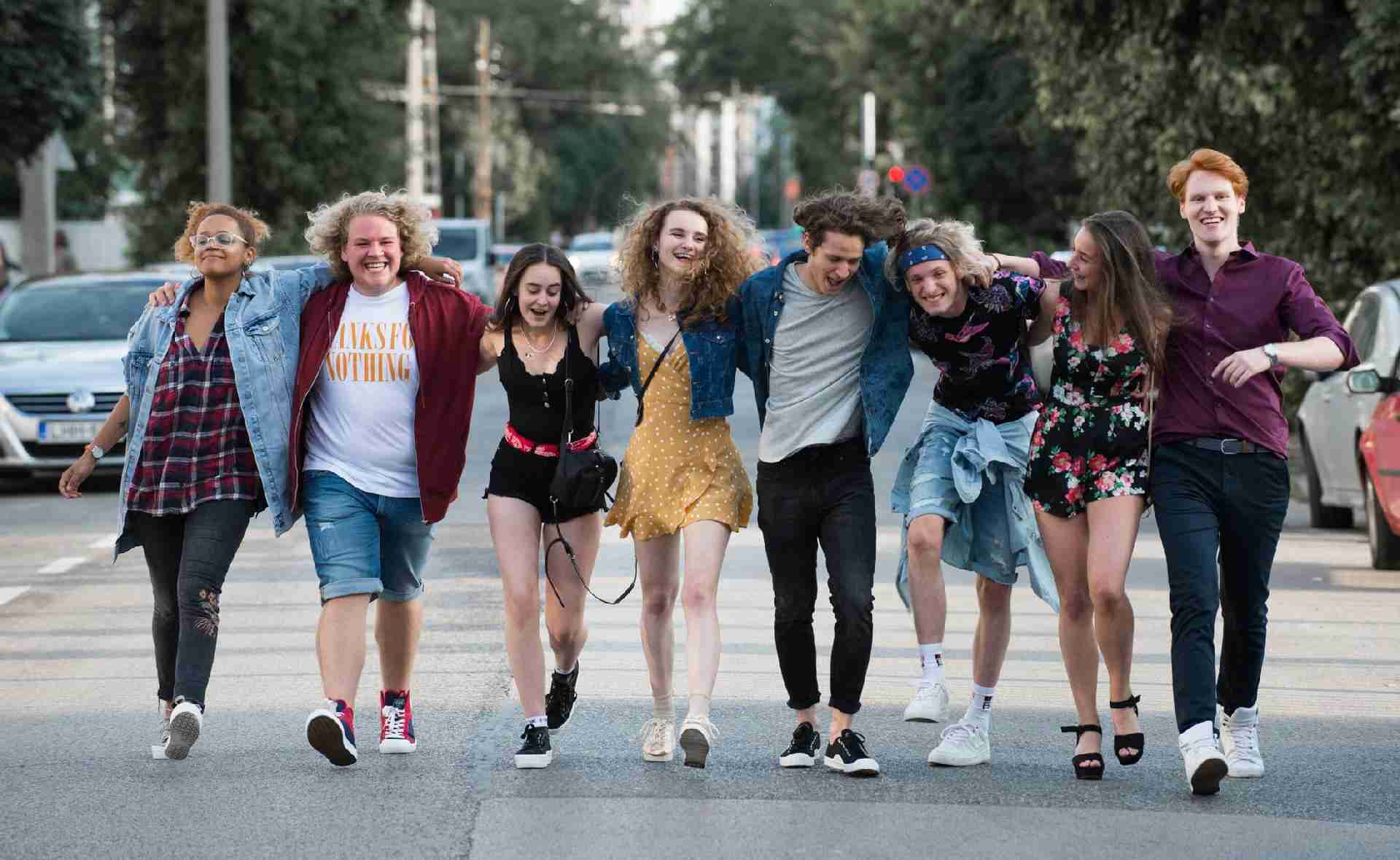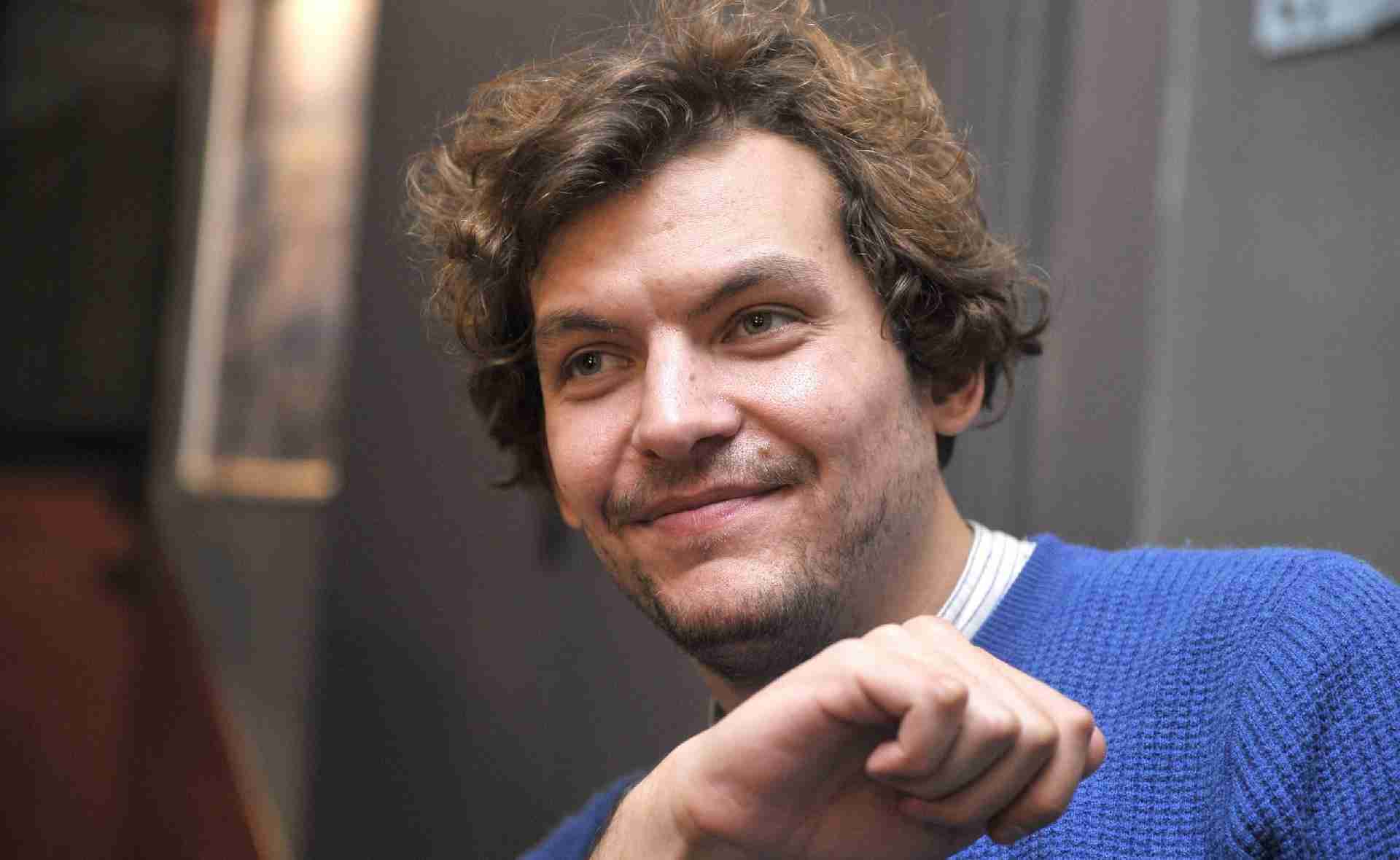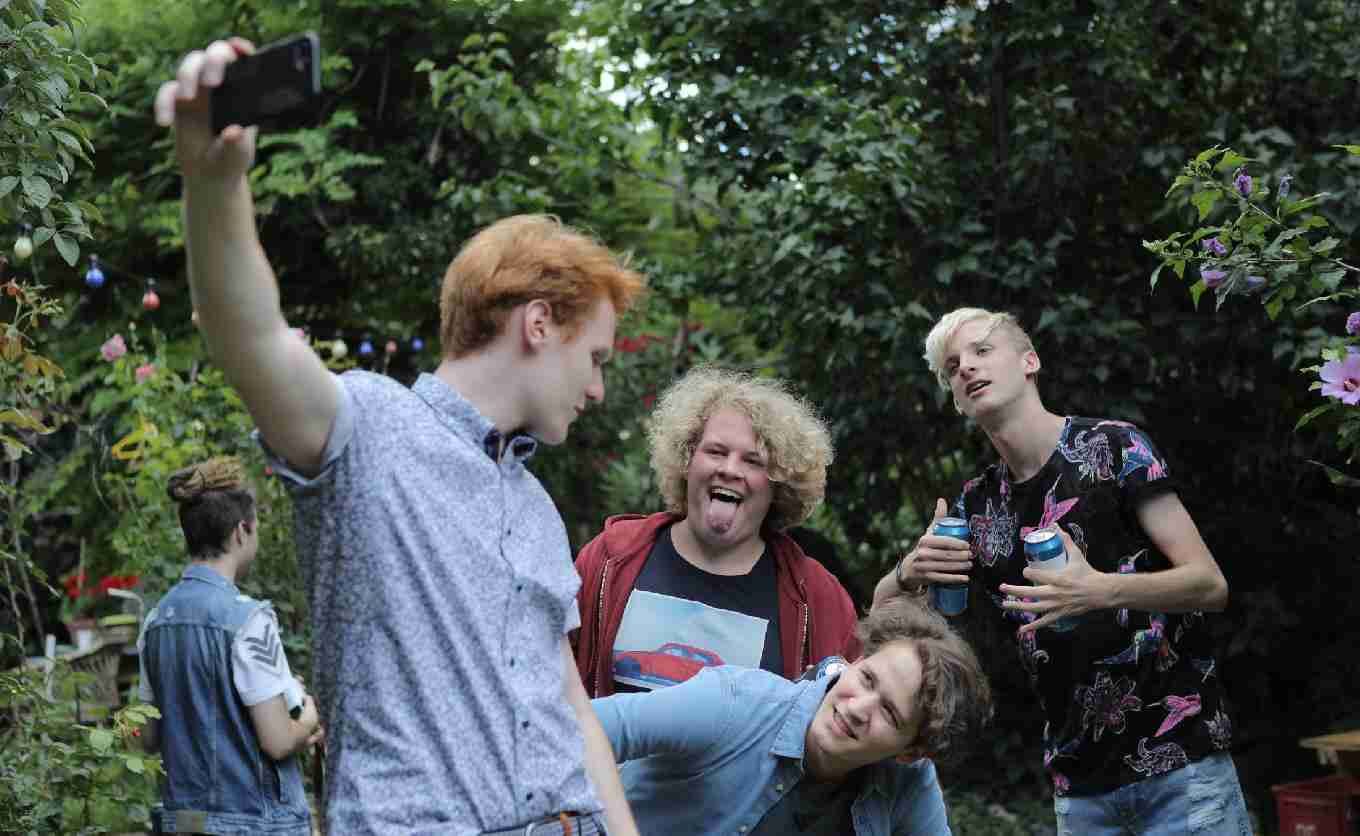
FOMO - Fear of missing out (FOMO - Megosztod, és uralkodsz), 2019, HU, d. Attila Hartung, 1h31, drama.
Original version, subtitled in English.
Within the framework of our Hungarian Film Club series, with monthly screenings and captivating discussions.
Gergő is a member of The Pack, an influencer group making offensive, but popular challenge videos on YouTube. For them nothing is too provocative if it gets enough likes. One night a dare gets out of hand and Gergő and his friends have to face the possibly life-altering consequences of a party rape.
FOMO: Fear of Missing Out is a provocative #MeToo drama and a thoughtful examination of the Z generation wrapped into a visually adventurous party movie. Newcomer director Attila Hartung follows the perpetrator, and not the victim of a rape, and it allows him to ask hard questions about today’s teenagers. What would you do if you’d have the chance to get away with a crime? Would you blame the victim, use your connections to cover up the story, if your future – reputation, university application and friendships – depends on it?
You will receive the link to the film and the password by email on 2 May, after registration.
The dark side of the Instagram Generation
FOMO paints a harsh, but nuanced picture of the Instagram Generation, and tackles themes like victim blaming, herd mentality and cyber bullying in a provocative fashion. How can the carefree partying and joyful pushing of the boundaries result in the passing of blame to others? How can young adults who have access to all the information on the web deny the Holocaust, humiliate the homeless and objectify girls? Is it just taboo-breaking humor taken too far? Or is it the result of “FOMO”, the fear of missing out? Or maybe the manifestation of the deep anxieties running through Hungarian society? And are these wrongful attitudes heightened by the generation gap between the teenagers who live their life mostly online and their elders who are still stuck to old practices of authoritarian parenting?
Attila Hartung doesn’t deliver us easy answers, and the movie benefits from it. But what makes FOMO really stand out from the endless line of youth dramas is the playfulness with which it speaks the language of teenagers. It starts out as a YouTube video made by The Pack and continues in that fashion for another half hour or so, throwing us into the adolescent’s night life with the dynamic of a cell cam footage and the drunk, witty banter of a house party. Attila Hartung gave iPhones to his actors to shoot the first half of the movie themselves with a lot of improvisation, easing up the amateur performers to the process of shooting and also lending admirable authenticity to the film.
Subverting the rules of the #MeToo drama
FOMO puts a unique spin on the #MeToo drama by focusing on the experience and feelings of the perpetrator of the rape, not the victim. It is an unusual choice that sparked debates after the movie’s premiere in Hungary, but it also allowed the director and his co-screenwriter Yvonne Kerékgyártó to tackle the important issue of taking responsibility for one’s actions. They smartly imply a connection between the macho, victim-blaming attitude of The Pack and the post-socialist practice of their parents whose first thought is to cover up any crime that can cause a problem for the school or the teachers and the parents. Hartung and Kerékgyártó also chose a naïve-looking and handsome actor (underground rock and electronic musician Yorgos Goletsas) for the lead part to subvert the expectations of Hollywood movies, suggesting that everybody, even well-intentioned “good guys” can abuse girls under certain circumstances. Highlighting also that these circumstances can never exempt the perpetrator from the consequences, just as an apology can never annul the deed itself – its life-altering consequences will linger on long after the credits rolled.
How Will Smith almost sabotaged FOMO
FOMO was shot in the iconic pubs of Budapest, showing us the sometimes messy, but always vivid face of the city’s night life. Besides being a fresh spin on the youth coming-of-age drama, FOMO is also a rare authentic portrayal of Budapest, its dimly lit ruin pubs and wild public drinking that draws thousands of tourists each year to the capital. The movie also showcases the talents of Hungary’s underground music scene, featuring famous musicians in supporting roles like Zoltán Beck, the singer of the alternative rock band 30Y, or Henri Gonzo, front man of the Mediterranean psych rock band Fran Palermo who wrote three pulsating party hymns for the soundtrack.
However, the shoot wasn’t without challenges: the cathartic end scene was almost cancelled, because Will Smith, while making Gemini Man in Budapest, climbed up on the top of the Chain Bridge on one of his free days, and all shooting permits for the city’s bridges were revoked temporarily. Ironically, Will Smith, who posted his achievement on Instagram, was also shooting a challenge video on the bridge, but a much more innocent one than those The Pack got infamous for.

Attila Hartung is a writer-director who studied Film Directing at the Academy of Theatre and Film Arts in Budapest. His short films have been shown at several festivals, including the San Diego Jewish Film Festival, Beijing Film Festival and Trieste Film Festival. FOMO is his first feature and was supported by the Hungarian National Film Fund.
Directed by:
Attila Hartung
Yvonne Kerékgyártó
Cast:
Yorgosz Goletsas - Gergö
Panna László - Lilla
Bouquet Gergely - Patrik
Pokorni Ábel - Bandi
Sipöcz András - Ábris
András Stohl - Apa
Adrienn Herczeg - Anya
Viktória Szávai - Márti



